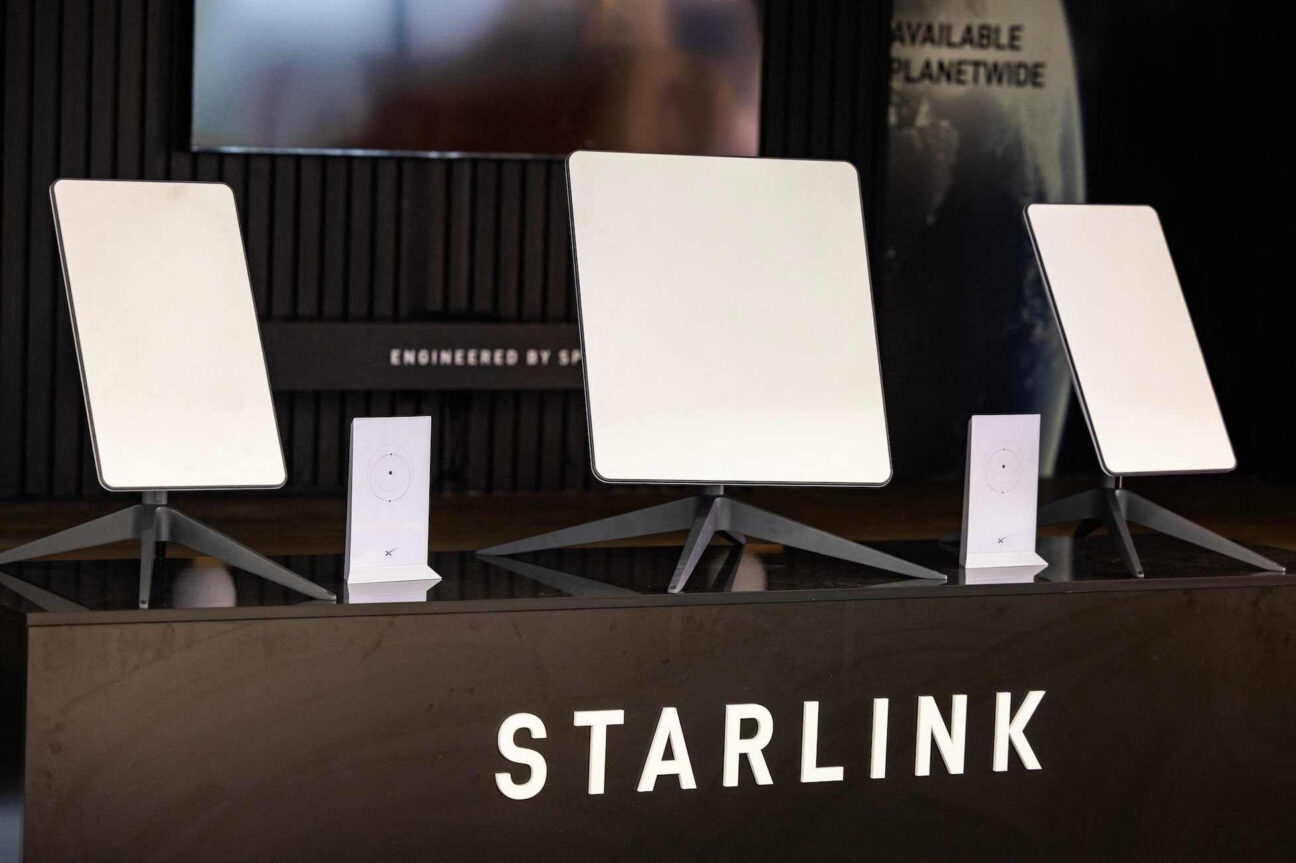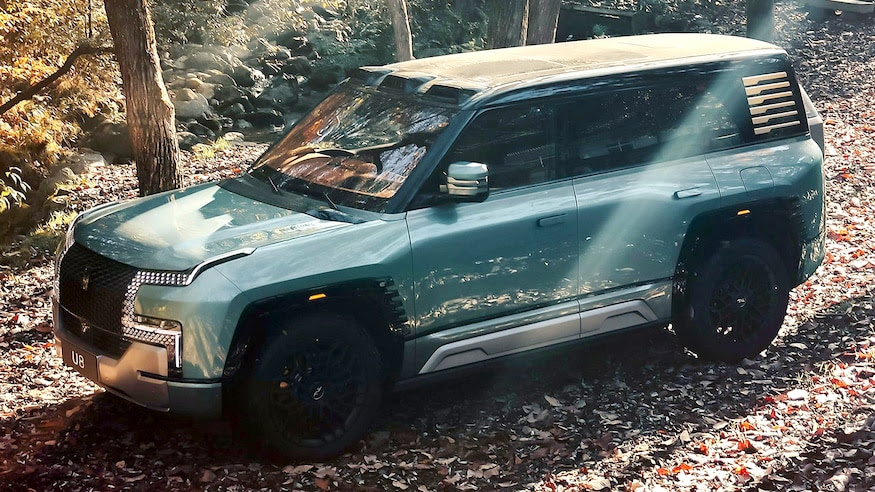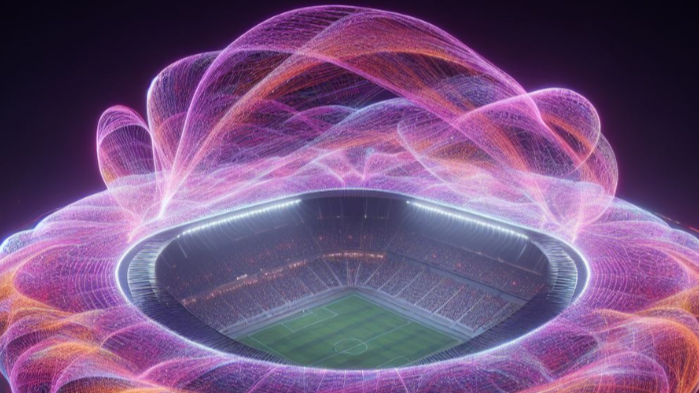Version 23.0

Written & Compiled by Macklin Andrick, GPJ Sr. Creative Technologist
GPJ’s Experience Technology practice is your trusted guide through the latest technological shifts and how they might benefit your next experience. Another week, another opportunity to explore some of the weird and wild things going on in the tech world!
Mickey Mouse’s copyright era has officially come to an end, meanwhile Microsoft’s Copilot is rolling onto iOS, making your phone a productivity powerhouse. And in the auto world BYD is closing the gap on Tesla in the EV race, making things more exciting than ever.

Welcome to the public domain, Mickey Mouse
It’s finally happened: after nearly a century, Mickey Mouse has slipped off Disney’s copyright leash. The first versions of the iconic cartoon character, seen in Steamboat Willie and a silent version of Plane Crazy, entered the US public domain on January 1st, 2024. (An early version of Minnie Mouse is also fortunately included.) There’s still a complicated set of protections around Mickey, but today is a moment public domain advocates have awaited for decades — and there are plenty of other exciting new entries as well.
Microsoft’s Copilot app is now available on iOS
Microsoft has recently introduced the Copilot app for iOS and iPadOS, closely following its Android release. The app, a part of Microsoft’s broader AI initiatives, provides users with advanced functionalities like drafting emails, summarizing text and generating images using DALL-E3. What sets it apart is its use of OpenAI’s latest GPT-4 model, which is available without a subscription. The move signifies Microsoft’s aim to establish Copilot as a standalone offering, diverging from Bing and enhancing its presence across various platforms.


SpaceX Starlink to Launch First Direct-to-Cell Internet Satellites
SpaceX launched its first batch of six Starlink satellites capable of beaming internet directly to cell phones on Sunday, January 7th. These satellites were among 23 planned for launch, boosting the total number of Starlink satellites in orbit above 5,000. This marks a significant step in Elon Musk’s vision for expanding Starlink’s capabilities and profitability, aligning with his ambitions for SpaceX’s future endeavors. It is important to note that the initial service will only allow for text messages, with voice and data capabilities planned for later phases.
OpenAI opens its custom ChatGPT store this week
After a slight delay, OpenAI’s GPT store is set to debut this week. This digital marketplace will allow users to share and potentially monetize custom AI agents they’ve built using OpenAI’s GPT-4 language model. Initially slated for a November launch, the date shifted due to operational factors. The store’s arrival opens exciting possibilities for creatives to showcase their AI innovations and for users to access a diverse range of custom agents, potentially spanning everything from language assistants to educational tools. While details regarding monetization remain unclear, the store’s launch undoubtedly marks a significant step in democratizing access to advanced AI technology.


BYD Catches Up to Tesla’s Massive Global EV Sales
Chinese EV maker BYD outsold Tesla in the last quarter of 2023, marking a significant step towards challenging Tesla’s dominance in the global EV market. While Tesla maintained its lead for the entire year, BYD’s strong performance in China and ambitious expansion plans for Europe and other markets suggest it could become the world’s top EV maker soon. BYD’s diverse EV models at competitive prices and rapid development cycle set it apart from Tesla, whose lineup is aging and new model release pace is much slower. However, Tesla retains its edge in technology and performance, with the potential to close the gap if it accelerates its product development and addresses issues like build quality and after-sales service. Overall, the competition between BYD and Tesla is fierce and exciting, driving innovation and potentially making EVs more affordable and accessible for everyone.
Numbers back up the need for strong in-venue connectivity for fans
Fans value fast and reliable network connections from sports venues. Boldyn Networks released a study last month that confirms it. The study, “Sports, Gaming and Rock & Roll: Connectivity and the Fan Experience,” shows how much internet access music and sports attendees expect when they go to concerts or games. The research shows that 93% of more than 6,000 people, ranging from different genders and generations, agreed that in-person events offer an experience that can’t be replicated at home.

More Cool Stuff We Found
- Free AI – Text prompt to SVG
- Generating VR side-by-side videos with Marigold (GitHub Repo)
- Researchers develop first-ever functional graphene semiconductor
- 180+ Trends Decks for 2024 (Google Drive Folder)
- Humanoid Robots Are Getting to Work
- Clicks is a BlackBerry-style iPhone keyboard case
- Microsoft’s new Copilot key is the first big change to Windows keyboards in 30 years
- Scientists develop ‘flying dragon’ robot to fight fires from a distance
Missed a Creative Tech Byte? Find all previous versions here